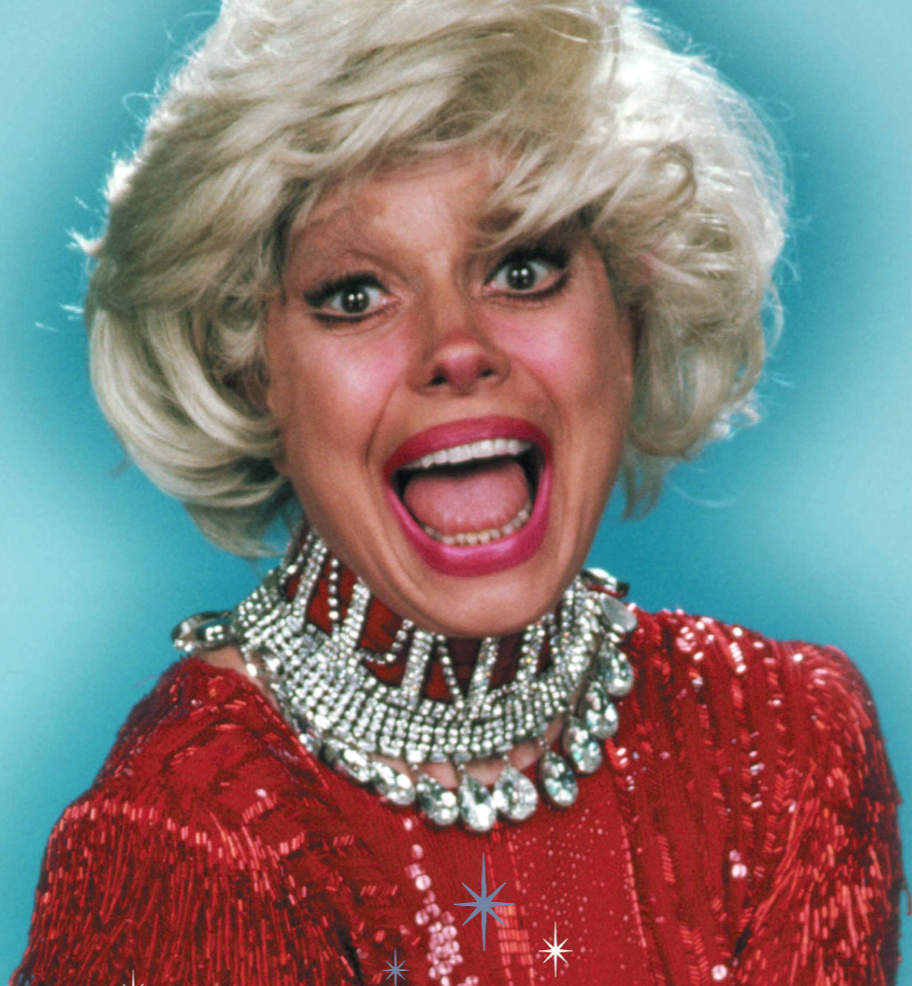With the death of Carol Channing at ninety-seven due to “natural causes” (whatever that constitutes in the realm of dying), the Broadway world and the last of the older gay gentlemen that still fawned over Channing have been typically reverent. The San Francisco by way of Seattle (her parents moved her to old Frisco Bay when she was two weeks old)-based icon gained quick success on the stage with her performances in Gentlemen Prefer Blondes (later made much more memorable thanks to Marilyn Monroe) and, of course, Hello, Dolly! (a musical that Channing famously had a problem with being adapted into a Gene Kelly/Barbra Streisand vehicle in 1969).
At the age of forty-three, in 1964, Channing won her first Tony Award for Best Actress in a Musical (despite having been nominated previous years for The Vamp and Show Girl), firmly solidifying her place and glory in the theater world, a realm that, let’s be honest, mostly gay men tend to gravitate toward. And on this note about the gay men that helped buttress her career (from the composers responsible for her best work to the fledgling fanbase that kept her somewhat relevant all the way into her nineties), it seems almost unfathomable to imagine that a woman who lived in San Francisco at the height of its free love, “everyone should fuck everyone” era and went to Bennington (Bret Easton Ellis’ alma mater) should be so narrow-minded. And yet, perhaps like all things gone wrong with a girl, we can look to her father, who, as a hodgepodge of ethnicities including black thanks to his mother, likely turned to Christian Science as a means for undercover self-loathing by way of turning to a religion that maintains physical illness is but a mental illusion.
When Channing was told by her mother before heading off to college that she had black ancestry (she felt it was right to tell Carol in case she ended up having a black baby), the soon-to-be Broadway star’s Get Out-esque response was, “I know it’s true the moment I sing and dance. I’m proud as can be of [my black ancestry]. It’s one of the great strains in show business. I’m so grateful. My father was a very dignified man and as white as I am. My [paternal] grandparents were Nordic German, so apparently I took after them [in appearance].”
How lovely. And yet, Channing did not seem to evolve or get much more progressive with the times–least of all with regard to her homosexual hangers-on as we cut to 2006, when Channing, apparently unaware she was giving an interview to a gay publication called, somewhat overtly, Gay People’s Chronicle, stated of her specific following, “I don’t think about them. I’m grateful that they seem to like me. They’re terribly loyal to me. But I’m knee-deep in the Bible and you know what it says about that.” Despite soon realizing she was speaking with a homo rag, she still commented of gay rights, “I don’t think about it. If they can’t take care of their own problems, why should I bother? It’s not my problem.” Senility or not (she was eighty-five at the time of making these declarations), Channing ought to have perhaps given a somewhat more tactful take on the very people that made and sustained her stardom. It would be like Cher or Madonna turning around and saying that gays mean nothing to them, when they are the very foundation of such a long-lasting career. And who knows why gay men love aging icons so much? Sure, it’s got plenty of camp value to watch the process unfold but, then again, maybe there is something slightly sadistic in it. Hence Channing not standing for their enjoyment of her into a ripe old age, one supposes, but solely for the enjoyment of her love of the stage–of being a star in the old school diva sense of the word (as is made clear in the 2012 documentary Carol Channing: Larger Than Life).
But if these remarks get dredged up enough in the future (as the internet loves to do when someone becomes visible in a new light again), it might not bode well for Channing’s already somewhat under the radar to most legacy. On the other hand, one should never underestimate the amount of self-hating gays who might get off on Channing’s callous comments (made somehow all the more so when imagining them said in her signature dry voice).






















